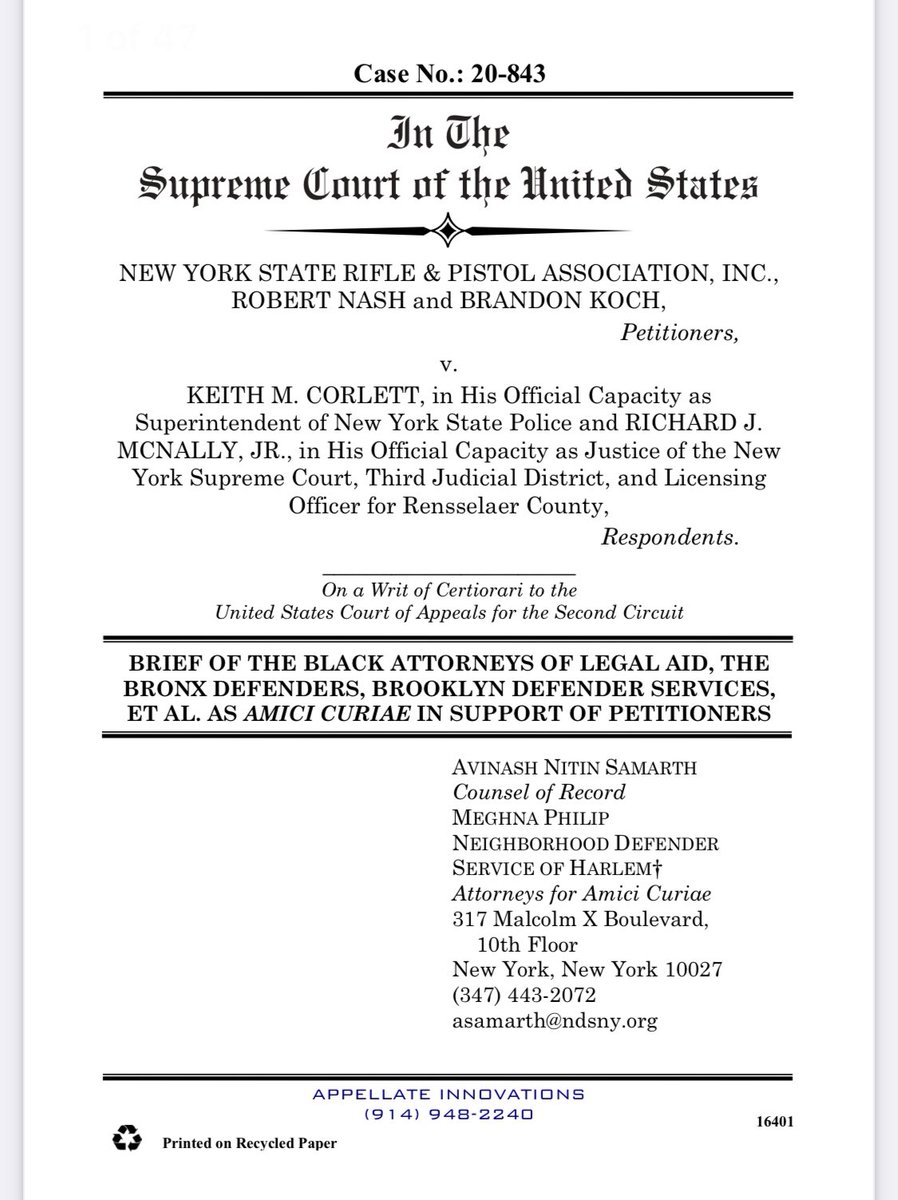
Something that deserves far more attention is that the police murders of George Floyd and Tyre Nichols (and many others) took place in front of multiple fellow officers who did nothing to protect the victim. This is like a flight crew doing nothing about a plainly drunk pilot. /1
What it conveys to me, among other things, is a deeply pathological institutional culture in which officers have internalized the notion that they are entitled to act as they see fit in the moment without being second-guessed—and certainly not by anyone who’s not a cop. /2
This is madness. People who are clothed with the extraordinary authority, discretion, and hardware that cops possess must understand that they are agents who must be willing and able to justify every decision they make on the job to the principles who hired and employ them—us. /3
If you can bear it, just listen to the cops milling around after viciously beating Tyre Nichols into a fatal coma. The absolute lack of concern they exhibit that they might have done something wrong or that there might be consequences is both terrifying and haunting. /4
Apologists for the status quo say these are all isolated incidents and that the eerily similar deaths of George Floyd, Tyre Nichols, Tony Timpa, Ronald Greene, and countless others at the hands of utterly insouciant groups of cops is in no way indicative of systemic problems./5
But that false assurance rings ever more hollow with each senseless killing—especially when recordings show that every single person on scene with a badge either participated or stood by while their colleagues killed an unresisting and/or safely secured human being. /6
So where does this mindset of unaccountability come from? Multiple sources no doubt, but one that carries disproportionate weight—due both to the magnitude of its pernicious influence and its sheer gratuitousness—is qualified immunity. /7
QI is a judicially confected defense to civil rights claims that enables rights-violating police and other govt officials to get otherwise meritorious cases against themselves dismissed unless the plaintiff can point to a preexisting case with nearly identical facts—good luck. /8
Among its many, many shortcomings, QI ensures that rights-violating cops receive green lights from judges instead of red lights from juries. Of *course* that breeds a mindset of unaccountability. The time has come to repeal QI—it’s literally a matter of life and death. /end
• • •
Missing some Tweet in this thread? You can try to
force a refresh














